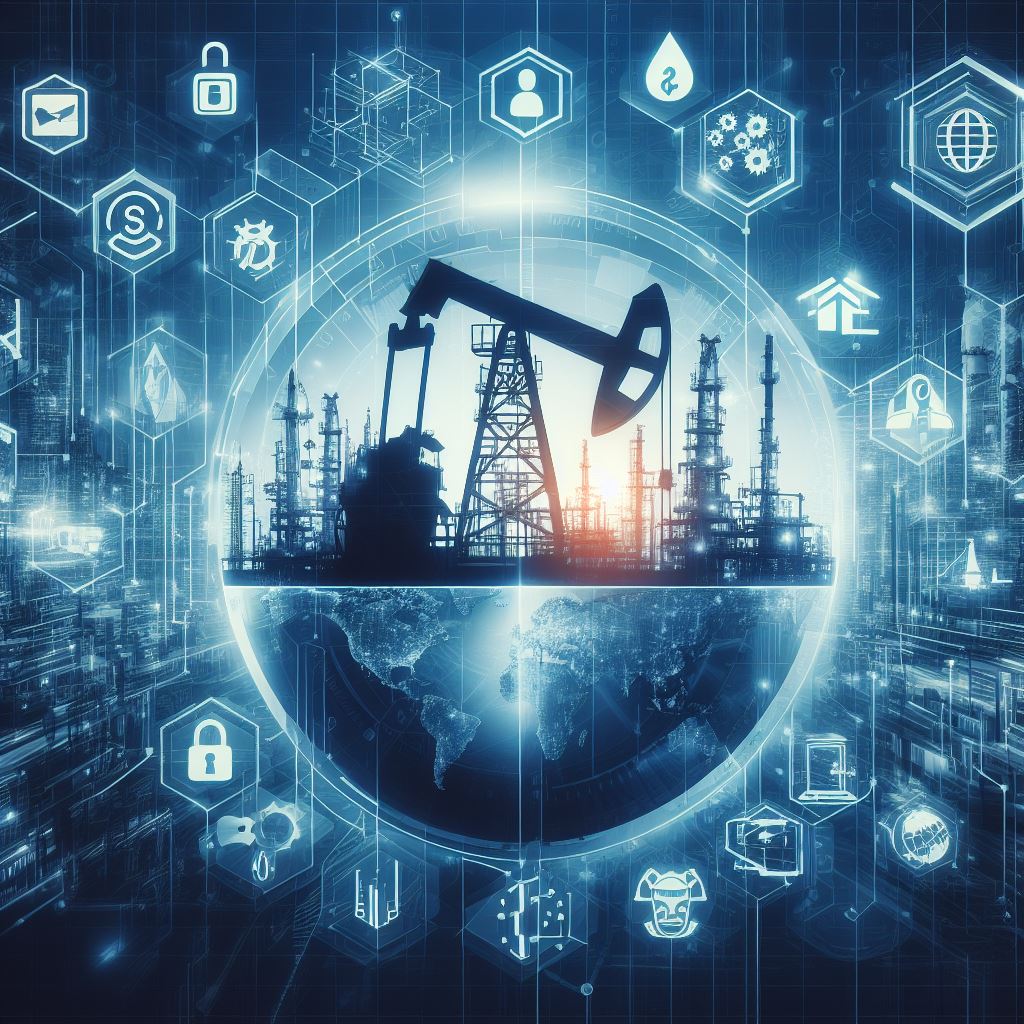Oil and gas play an important role in Africa’s present and future prospects. In South Africa especially, local gas production is expected to grow at a CAGR of 48% by 2027, thanks in part to several recently discovered deposits off the country’s coastline.
These developments and others show the direction in which this sector is heading and why operators must take the necessary steps to ensure infrastructure is protected on all fronts.
No ad to show here.
Oil and gas have always been risky businesses, but elevated threats demand new actions and strategies that meet operators’ physical and digital security needs.
Marcel Bruyns, Sales Manager for Africa at Axis Communications puts it this way.
Oil and gas infrastructure is difficult to protect partly because of its intricacies as a valuable and consequential resource.
Oil and gas facilities can be great in size and located in remote, geographically challenging places.
They have to contend with high volumes of traffic with people and vehicles entering and exiting at all hours of the day. As a result, they are susceptible to internal and external security threats, including trespassing, theft, and sabotage, says Bruyns.
“Physical and perimeter security requires a multi-faceted approach. This includes traditional surveillance such as network video cameras, as well as more versatile installations such as radar and thermal cameras to enhance visibility and range of vision. Access control devices minimize the risk of unauthorized individuals and vehicles, while audio speakers and intercoms provide for two-way communication and announcements for security and safety purposes.”
Effective physical security is no longer complete without consideration towards cybersecurity and digital resilience.
Bruyns maintains that security and surveillance products do not exist in a vacuum and are bought and used holistically.
“By treating their overall infrastructure the same, operators can mitigate as many risks as possible.”
There are a number of reasons why physical and digital security are crucial in Africa’s oil and gas sector.
The sector plays a vital role in the continent’s economic development. The sector, however faces significant security threats that can disrupt operations, cause environmental damage and endanger lives.
Some of the reasons why both physical and digital security include:
Physical Theft and Sabotage:
Oil pipelines, storage facilities, and processing plants are vulnerable to physical attacks by criminals or militant groups seeking to disrupt operations, steal resources, or make political statements. Security measures like patrols, access control systems, and perimeter fencing remain crucial deterrents.
Environmental Damage:
Pipeline leaks or sabotage can cause oil spills, devastating ecosystems and livelihoods. Strong physical security measures combined with leak detection systems can minimize these risks.
Cybersecurity Threats:
Oil and gas companies increasingly rely on digital control systems and data networks. This means cyberattacks can disrupt operations, manipulate data to cause malfunctions, or even lead to theft of sensitive information. Robust cybersecurity measures like firewalls, data encryption, and employee training are essential.
Financial Loss:
Security breaches can lead to production stoppages, stolen resources, and costly repairs. Effective security measures minimize these financial losses and ensure smooth operations.
Reputational Damage:
Environmental spills, attacks on facilities, or data breaches can severely damage a company’s reputation. Implementing strong security protocols demonstrates a commitment to responsible operations and helps maintain trust with stakeholders.
Regional Instability:
Weak security in the oil and gas sector can contribute to regional instability, as criminal activity and resource theft can fund conflicts. Comprehensive security measures promote stability and create a more favorable environment for investment.
Meeting International Standards:
Many oil and gas companies operating in Africa are subject to international safety and security regulations. Implementing robust security measures ensures compliance with these standards and avoids potential sanctions.
Investing in both physical and digital security safeguards Africa’s oil and gas sector, protecting people, the environment, valuable resources, and the continent’s economic well-being. By prioritizing security, companies can operate responsibly, minimize risks, and contribute to a more stable and prosperous future for Africa.
